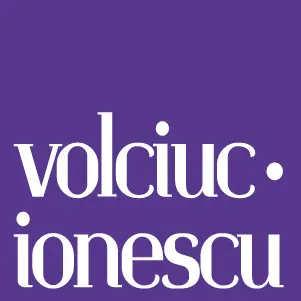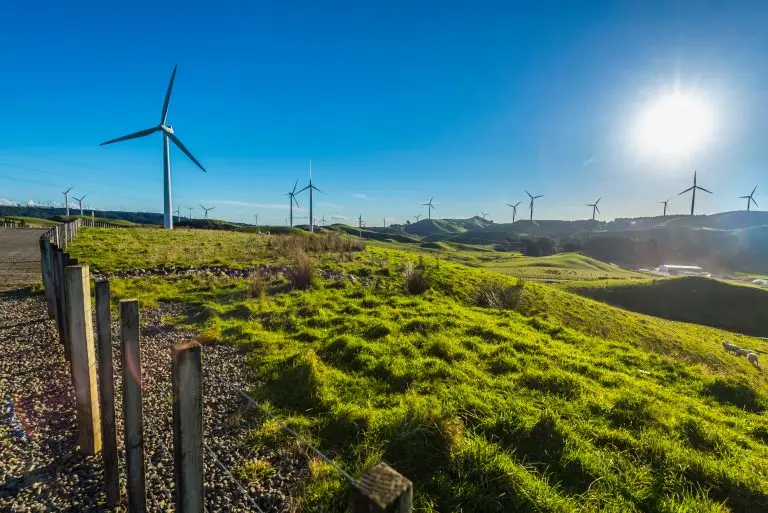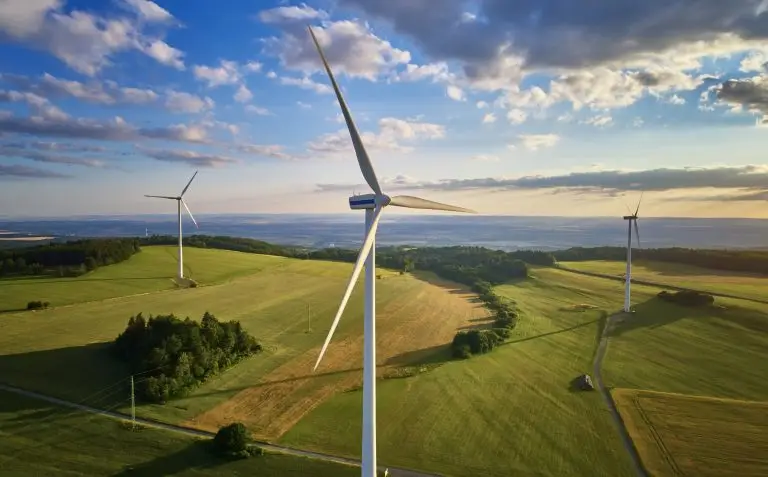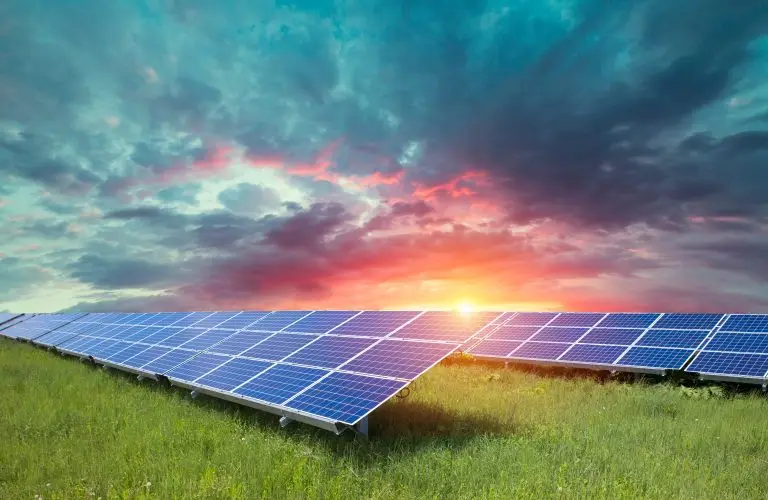A new state aid scheme supporting investments in the production and distribution of heat from renewable energy sources (such as biogas, biomass and geothermal) (“State Aid Scheme“) has entered into force in December 2020. The State Aid Scheme is rooted in the European Green Deal Investment Plan and the Commission’s Guidelines on State aid for environmental protection and energy 2014-2020.
The State Aid Scheme may be accessed by administrative-territorial units, administrative-territorial subdivisions and inter-community development associations for the purpose of ensuring performance of public services for the centralized supply of heat to the population. An estimated number of 20 beneficiaries shall benefit from the State Aid Scheme.
The State Aid Scheme applies to projects which aim at the construction and/or upgrade of heat generation capacities (i) from biomass and biogas, separately or in cogeneration and of the heat network required to facilitate the heat evacuation, and (ii) from geothermal energy and of the heat network required to facilitate the heat evacuation.
The State Aid is not applicable for certain projects and investments, such as, investments in the production of electricity, investments in systems that do not meet the criteria for defining an efficient centralized heating system, investment projects for the exclusive construction/upgrade of the heat network, projects in Bucharest/Ilfov area, investment projects in biomass/biogas or geothermal heat generation capacities that do not facilitate the evacuation of heat to consumers, investments/ activities provided by the art. 3 paragraph (3) of the Regulation (EU) No 1301/2013 of the European Parliament and of the Council.
Several conditions have to be met by the beneficiaries and the proposed projects in order to benefit from the State Aid Scheme.
The total estimated budget allocated to the state aid scheme is EUR 150,000,000 of which 85% are European non-reimbursable funds provided by the European Regional Development Fund and 15% are public co-financing funds. The amounts will be distributed yearly as follows: (i) EUR 45,000,000 for year 2020; EUR 50,000,000 for year 2021; EUR 40,000,000 for year 2022; and 15,000,000 for year 2023. The unused amounts in one year shall be reported to the next year.
The maximum amounts granted to a beneficiary may not exceed EUR 15,000,000 for one investment project.
The following costs may be eligible for the state aid: (i) land acquisition and exploitation; (ii) utilities; (iii) for obtaining the necessary approvals, authorizations and permits; (iv) design and engineering; (v) for management consultants; (vi) for technical assistance; (vii) payments to the project supervisors; (viii) for buildings and facilities; (ix) equipment; (x) intangible assets; (xi) site organization; (xii) technological tests. On the other hand, the State Aid Scheme provides some non-eligible costs (such as costs with in-kind contributions; costs with depreciation; costs with acquisition of existing buildings; costs with leasing; costs with lease; costs with vehicles acquisition; general administrative expenses etc.)
Following the conclusion of the financing contract, the beneficiary will not be able to receive additional financing from other public sources for the same expenses of the project, subject to termination of the Financing Agreement and return of the reimbursed amounts.




